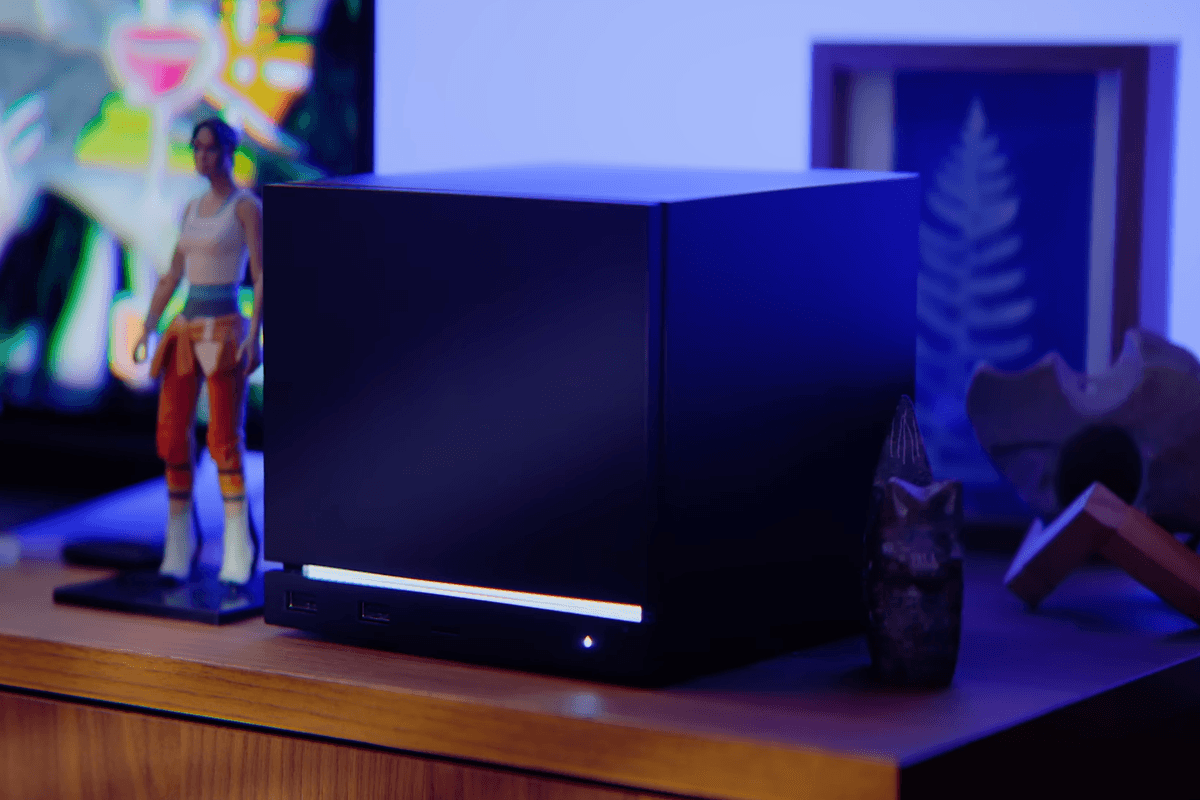Language experts believe they may have identified the founders of the conspiracy theory QAnon.
The so-called “linguist detectives” used machine learning to track patterns of speech on social media and believe they’ve successfully pinpointed the founder, the New York Times reports.
QAnon is a movement that has gained prominence, particularly in the United States. Its followers believe that there is an anonymous top-secret government agent named “Q” who operates within the “deep state” with access to secrets.
The two teams of linguistics detectives were Claude-Alain Roten and Lionel Pousaz, who are part of the Swiss start-up OrphAnalytics, and Florian Cafiero and Jean-Baptiste Camps who are French computational linguists.
The detectives identified Paul Furber – a South African software developer – as one of the founders of the QAnon movement.
Sign up to our new free Indy100 weekly newsletter
The other, they identified as Ron Watkins – a US politician who is running for Congress in Arizona.
Furber was one of the first vocal supporters of QAnon with a message he posted in 2017. The language sleuths believe Watkins took over in 2018 as he operated a website where Q messages would appear.
Both men denied the accusation, but it’s not the first time they’ve faced them, either.
Watkins has long been the administrator for the website 8kun (previously known as 8chan) which hosts QAnon message boards.
He also appeared to slip up while being interviewed in a HBO documentary last year titled Q: Into the Storm.
In it, he spoke about pushing conspiracy theories about the election: “It was basically three years of intelligence training, teaching normies how to do intelligence work.
“It’s basically what I was doing anonymously before, but never as Q.”
Watkins paused, then broke into a smile and laugh, before saying, “Never as Q, I promise. Never as Q. Because I am not Q.”
Both linguistic teams believe their findings are more than 92 per cent accurate and it’s hoped that one day this information will see an end to the bizarre conspiracies spouted by “Q”.
Have your say in our news democracy. Click the upvote icon at the top of the page to help raise this article through the indy100 rankings.














